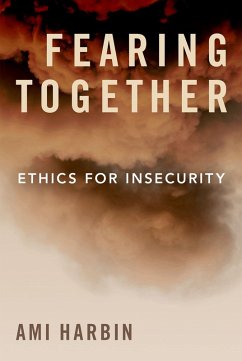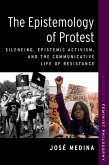Fearing is a central part of how we relate to each other and the unpredictable world. Fearing badly is a key part of many of our moral failures and fearing better a central part of our moral repair. We might think that fearing is undesirable and should be avoided whenever possible, but, as Ami Harbin argues, avoiding fear causes some of our greatest threats. Fearing well is at the core of what it means to be responsible. By understanding fear as a relational practice, we can see that our relationships with other fearers shape what we fear, what fear feels like, how we identify and understand our fears, and how we cope with them. Bringing insights from philosophy, psychology, neuroscience, political theory, and mindfulness research, Harbin guides readers in coming to grips with what kind of fearers we want to be and become and what we owe each other when facing what we cannot control. Grounded in real-life cases that will be of interest to many readers--policing, prisons, pandemic, vaccination, borders, migration, parenting, gender, sexuality, health care systems, and more--this text addresses the moral quandaries and complexities of the ethics of fearing together.
Dieser Download kann aus rechtlichen Gründen nur mit Rechnungsadresse in A, B, BG, CY, CZ, D, DK, EW, E, FIN, F, GR, HR, H, IRL, I, LT, L, LR, M, NL, PL, P, R, S, SLO, SK ausgeliefert werden.









